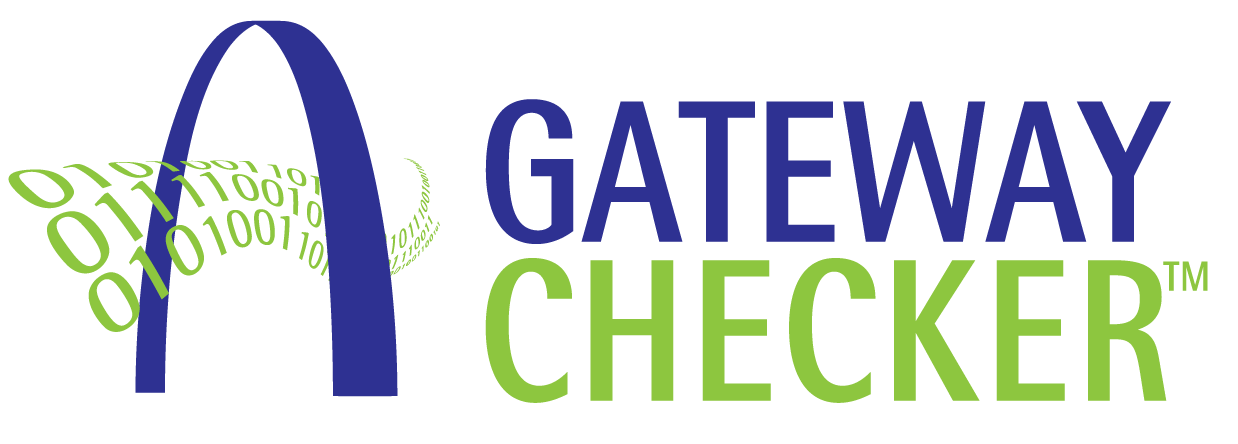Vaughan, Ontario, May 1, 2023. – Blue Link Associates and Gateway Checker are pleased to announce a new partnership that will help increase the security and stability of the pharmaceutical supply chain by providing robust software solutions to pharmaceutical wholesale and distribution customers.
Blue Link Associates, a leading provider of all-in-one pharmaceutical distribution inventory and accounting ERP software, has teamed up with Gateway Checker, a well-established provider of pharmaceutical traceability software that enables conformance to GS1 application standards and DSCSA compliance. The collaboration aims to offer integrated software solutions that will help pharmaceutical distributors streamline operations and comply with the DSCSA November 2023 deadline. By integrating the functionalities of the two software solutions, the partnership will enable pharmaceutical distributors to optimize their operations, enhance visibility, and improve regulatory compliance. With this partnership, both companies are committed to providing the pharmaceutical industry with innovative software solutions that will help them meet the evolving regulatory requirements and operational challenges.
The partnership is based on complete two-way integration between the two systems, Gateway Checker and Blue Link Associates, allowing customers to receive, translate, store and send EPCIS file information from suppliers and to customers in the pharmaceutical supply chain. The Gateway Checker integration is available to all Blue Link ERP customers in the pharmaceutical wholesale and distribution industry.
“With their next generation Pharmaceutical application, Blue Link ERP demonstrates DSCSA market leadership among ERP suppliers”, said Gary Lerner, President of Gateway Checker Corporation. “By integrating Gateway Tracker™ into receiving, reconciliation, inventory management, and fulfilment, Blue Link ERP users gain seamless regulatory compliance without the need for separate, complex, and costly serialization systems.”
Blue Link has been a leader in the pharmaceutical software space for over 10 years and continues to build partnerships with great companies such as Gateway Checker to offer customers the latest and greatest technology. The two companies are committed to working together to provide their customers with the highest quality software solutions and support.
“Partnering with Gateway Checker allows Blue Link to offer our customers the functionality needed to meet the DSCSA requirements at an affordable cost. The Gateway Checker team and Gary Lerner have been a great company to work with and we look forward to the benefits this partnership provides our customers.” Mark Canes, President, Blue Link Associates.
About Gateway Checker
Gateway Checker™ provides Software as a Service platforms to facilitate product traceability, DSCSA compliance, drug product verification, GS1 US Rx Certified Conformance Testing, and EPCIS interoperability. Gateway Checker Corporation was established in 2019 as a wholly owned subsidiary of BrandSure, LLC, based on 13 years’ experience establishing supply integrity and deploying serialization solutions to more than 50 companies.
Learn More About Gateway Checker
About Blue Link Associates
Headquartered in Vaughan, Ontario, Blue Link Associates provides all-in-one pharmaceutical inventory management and accounting ERP software to meet the needs of pharmaceutical wholesale and distribution businesses. Founded in 1992, Blue Link continues to be a leader in the pharmaceutical ERP space with innovative solutions and dedicated in-house experts to meet the changing needs of the industry.
Contact us for more information.



